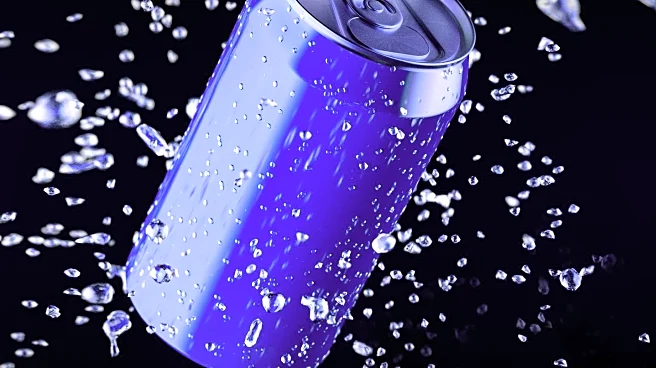What's Happening?
Recycling is often seen as a straightforward way to contribute to environmental conservation. However, improper preparation of recyclables, such as aluminum cans, can lead to contamination and prevent effective recycling. Experts advise against crushing cans before recycling, as sorting machines rely on the shape of cans to identify materials. Additionally, ensuring cans are rinsed and free of food or liquid residue is crucial to avoid contaminating entire batches of recyclables. The article emphasizes the importance of understanding local recycling facility guidelines, as machinery and processes can vary significantly.
Why It's Important?
Proper recycling practices are essential for maximizing the environmental benefits of recycling programs. Contaminated recyclables can end up in landfills, negating the efforts of individuals and communities to reduce waste. By following recommended practices, such as not crushing cans and ensuring they are clean, individuals can help ensure that materials are effectively recycled. This contributes to reducing pollution and conserving resources, which are critical components of sustainable waste management strategies.
What's Next?
Individuals are encouraged to contact local recycling facilities to understand specific guidelines and requirements. This proactive approach can help prevent contamination and improve recycling rates. Additionally, increased public awareness and education on proper recycling practices could lead to more effective waste management and environmental conservation efforts.










